
Science is still a final frontier for women
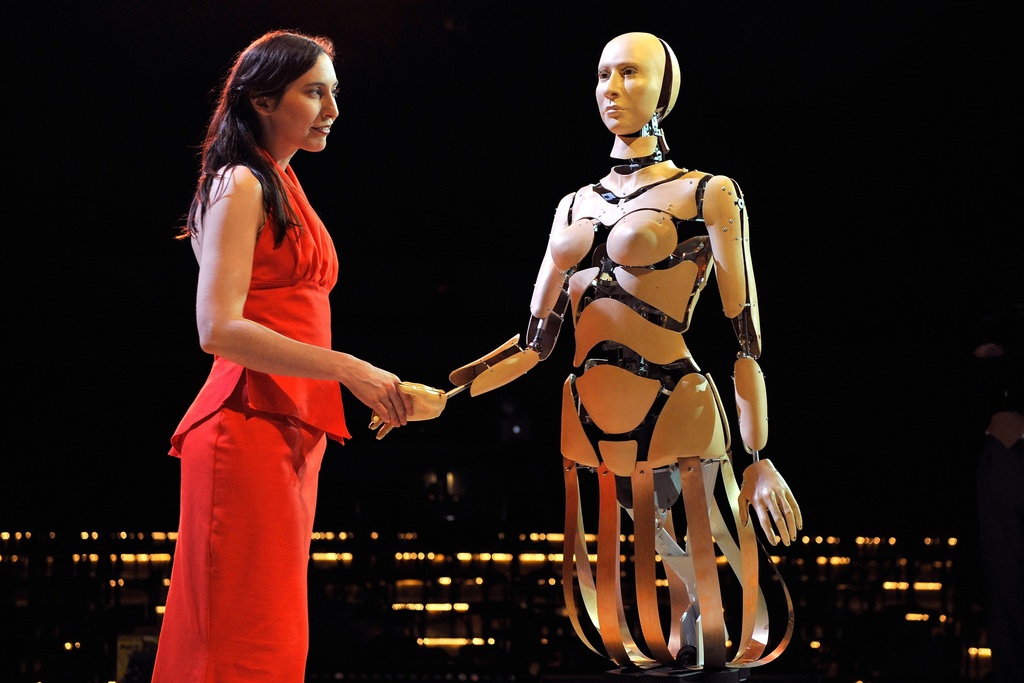
Women continue to face serious obstacles when pursuing a scientific career in Switzerland, with the juggle of family life and research particularly difficult.
Research shows women are underrepresented in scientific and technological fields, and the higher up the ladder one climbs, the fewer the women. The crux: having children is a big disadvantage when it comes to building up a scientist’s essential body of research.
“Science is like a bottomless pit. You can put endless hours into it. And basically it’s all-consuming,” said Susan Gasser, a leading biologist awarded this year’s European Molecular Biology Organization (EMBO) and the Federation of European Biochemical Societies (FEBS) Women in Science Award.
“A single woman and single man pretty much start the race at the same point but it’s almost inevitable that most women have to take breaks for childbearing and raising. Then it’s all about a balancing act to stay at the forefront.”
A woman will have to recognise from the outset that she “probably won’t be the best scientist or mother” she can be, Gasser (a mother of one) told swissinfo.ch. Instead she will have to compromise.
Over the past 30 years Gasser has authored more than 200 scientific articles and reviews. She now heads the Friedrich Miescher Institute for Biomedical Research in Basel. The EMBO/FEBS award recognised her “exceptional achievements” as a female researcher in molecular biology and as a mentor.
“I’ve received a few other awards but this one is special because it recognises something beyond just doing good science. They recognise that you have also been a role model and perhaps mentored other younger women in a field where women are obviously underrepresented.”
Obstacles
A 2009 report for the European Union found that in Switzerland, women were underrepresented in technical sciences (27 per cent) and technology and IT (six per cent), but were overrepresented in social sciences (65 per cent) and health (86 per cent).
Gender equality is currently the subject of a major national research programme in Switzerland. The so-called NRP 60 aims to identify the root causes of gender inequalities, review equality policy and come up with recommendations for sustainable policy and practices. A final report will be submitted to the government in 2014.
One of the projects is looking at women in one of the most male-dominated professions: engineering. While there is a gender gap in this area globally, Switzerland is also below the European Union average when it comes to women studying engineering at university.
The researchers are studying cultures within companies and the impact on women’s career chances. Case studies have been done at ten different Swiss firms, with line managers, human resources and male and female engineers all interviewed. The conclusion so far is that company culture has a “very strong influence” on job progression.
“We have found that there are strong obstacles for women in the technical field at every stage of the career ladder,” one of the project leaders, Anja Umbach-Daniel, told swissinfo.ch.
“What we see right now from line managers and HR is that they are not aware of the obstacles. They think there are no problems for women and they have equal opportunities, but on the other side we hear from the women themselves that they have problems climbing the career ladder.”
The project aims to uncover exactly what these obstacles are.
Support systems
It’s a similar picture in most EU countries. According to 2007 EU figures, only three countries – Latvia, Lithuania and Poland – had equal numbers of male and female scientists and engineers. On average, 32 per cent of scientists and engineers in the EU were women. Switzerland ranked at the bottom, with just 18 per cent of women in this category.
“One of the greatest problems in gender equality lies in the scientific and technical professions,” confirmed Etiennette Verrey, president of the Swiss Federal Commission for Women’s Issues.
She said that from a legal point of view women had equal rights in each field and “we’re on the right track” with the national research programme. But there was still a great need for a change in mentalities and in support systems.
Crèches have long waiting lists and Verrey called on both the state and companies to help with improving childcare facilities.
“In Switzerland there’s still this idea that the mother has to stay with the child. And for a scientific career this is impossible. Because if a woman leaves her professional life for one to two years, she virtually cannot return to it again. The reconciliation of work and family life is a very big problem,” she told swissinfo.ch.
Separating girls
People’s understanding of gender roles had to change too, she said. School programmes encouraging girls to do scientific subjects have had little success so far. One idea being discussed in Switzerland is for girls and boys to be taught separately in certain subjects, to remove the element of competition between the sexes.
“So girls do not have in mind that ‘I am a girl and therefore I’m bad at mathematics’.” In the United States, for example, there are elite women’s universities, Verrey added – something Switzerland does not have.
Having goals is also important, Susan Gasser noted. “Both my grandmother and my mother had careers. It wasn’t a question for me, I wanted this. I wanted a scientific career and a family.”
Learning how to balance family and work life can also have its positive side, she said, as it forces women to become more efficient, which in turn can help them become better scientists. Mentoring is also vital.
“The reason I think mentoring is important for women is that sometimes men don’t understand the pressures on a woman because they don’t know what it means to feel this split between family and career. There’s really strong pressure that can be put on you – are you being a good mother or not?”
Her advice to women embarking on a scientific career? Know what you want, “marry the right man”, be pragmatic and ready to sacrifice.
As late as the 1960s some in the scientific community questioned women’s ability to do scientific work. Over the past 30 years “women and science” as an area of research has branched out in many directions.
Today there remains a difference between men and women in publication rates. Research has shown that women publish less than men but are cited more frequently. Women also publish less at the start of their careers but equal men in output later. A lower publication rate can affect job advancement chances.
Old boys’ networks continue to be significant in science. That, together with gender stereotypes and established practices, can make it difficult for women to network. Women have responded by forming women’s networking associations.
The European Commission has made it a priority to have a high proportion of women in natural sciences. In 2005 it set three goals: to deepen the debate on science, better understand the tie between gender and science and improve monitoring of gender related issues.
The EC’s Fifth Framework Programme for Research and Technological Development in 2002 said “increased participation of women in all areas and at all levels of science would contribute to the further improvement of quality and speed of scientific progress”.
The proportion of women working in higher education has increased steadily over the past five decades. When it comes to university students, there are more women (54.9%) than men across the EU. In Switzerland the proportion of women obtaining a bachelor’s degree at university was 51.5% and 46.2% for masters (as per official Swiss statistics from 2009). Switzerland has one of the lowest proportions of female PhDs (41.9%) in Europe.
(Source: Swiss State Secretariat for Education and Research)
A Swiss federal equal opportunity programme that ran from 2000-2011 aimed to improve gender equality in higher education. It gave bonuses to universities that appointed women professors, doubling their proportion from 7.2% in 1998 to 14% by the end of 2006. It also introduced mentoring programmes, workshops and networking databases and expanded childcare facilities at universities.
National Research Programmes (NRP) are carried out under the auspices of the Swiss National Science Foundation.
The topics are selected by the Swiss government. Their purpose is to provide scientifically substantiated solutions to problems of national importance.
NRP 60, “Equality between men and women”, was allocated SFr8 million ($8.7 million) and involves 21 different research projects.
It includes interdisciplinary research in sociological, political, economic, psychological and education spheres. The findings will be used to inform the development of a sustainable gender equality policy.
It is divided into three areas: work and organisations; education and careers; and family.

In compliance with the JTI standards
More: SWI swissinfo.ch certified by the Journalism Trust Initiative






















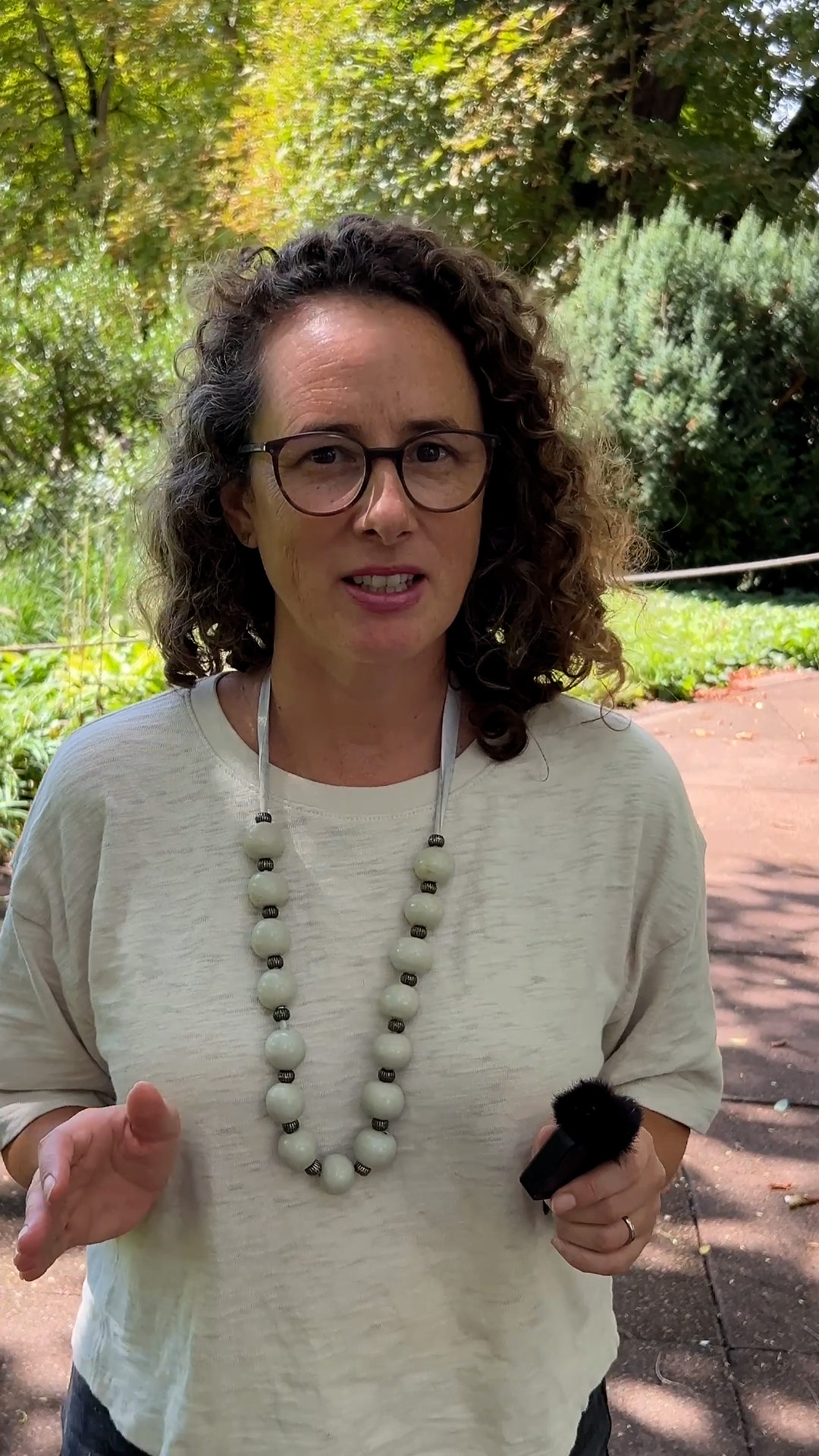





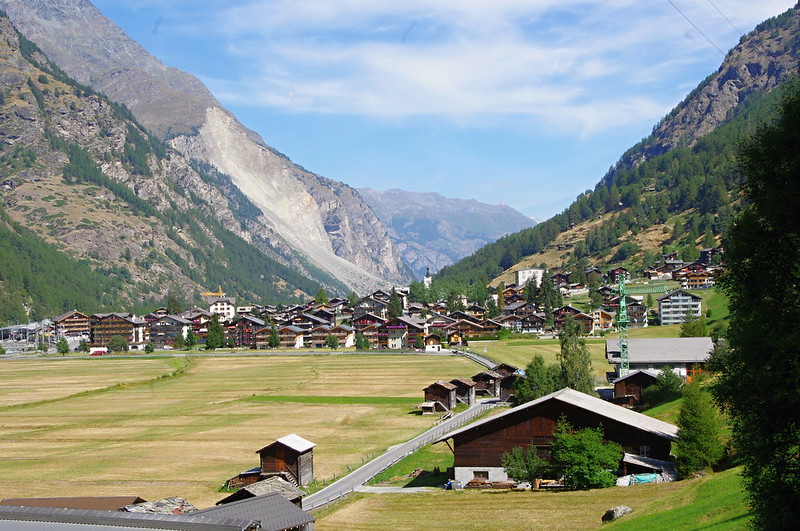
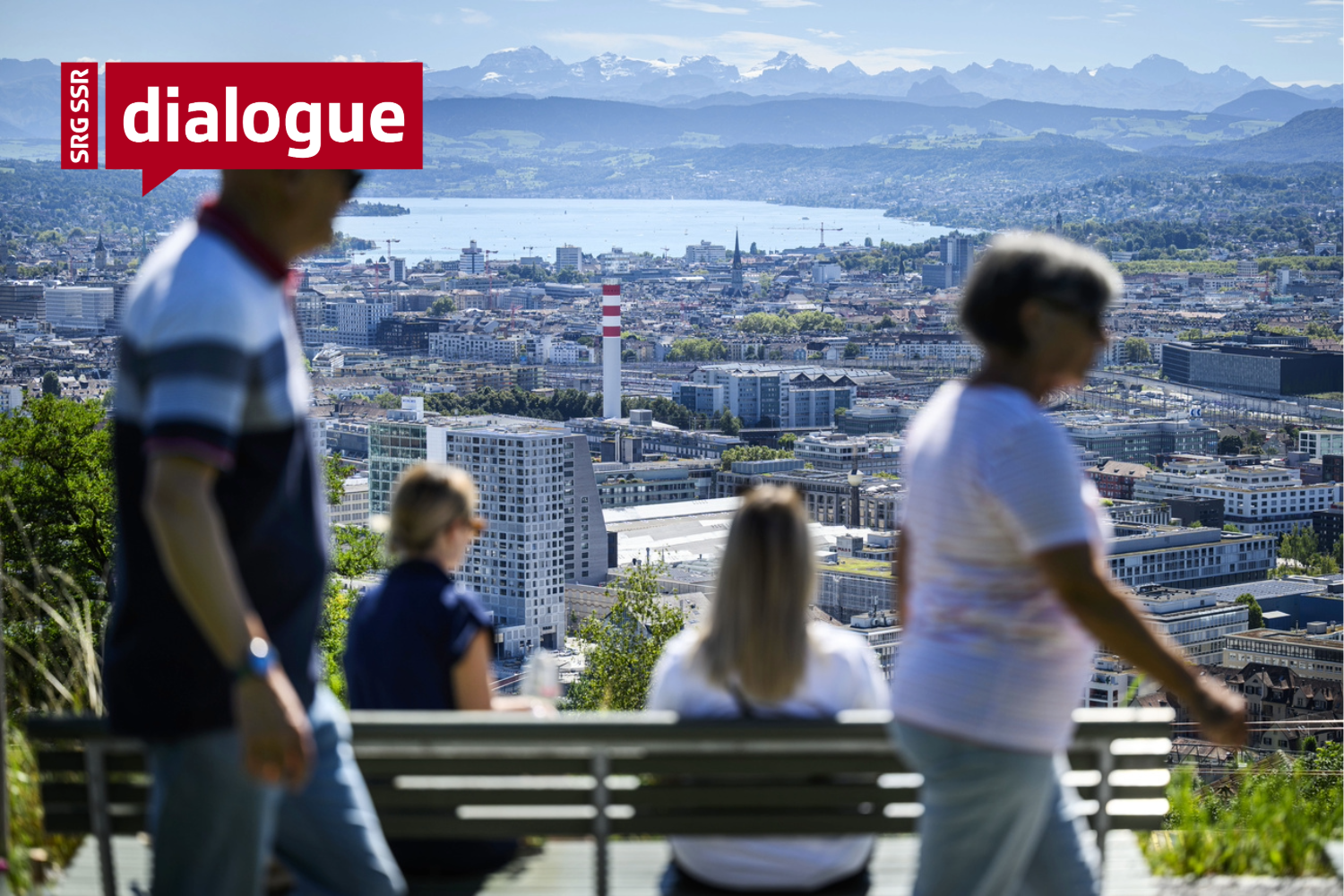










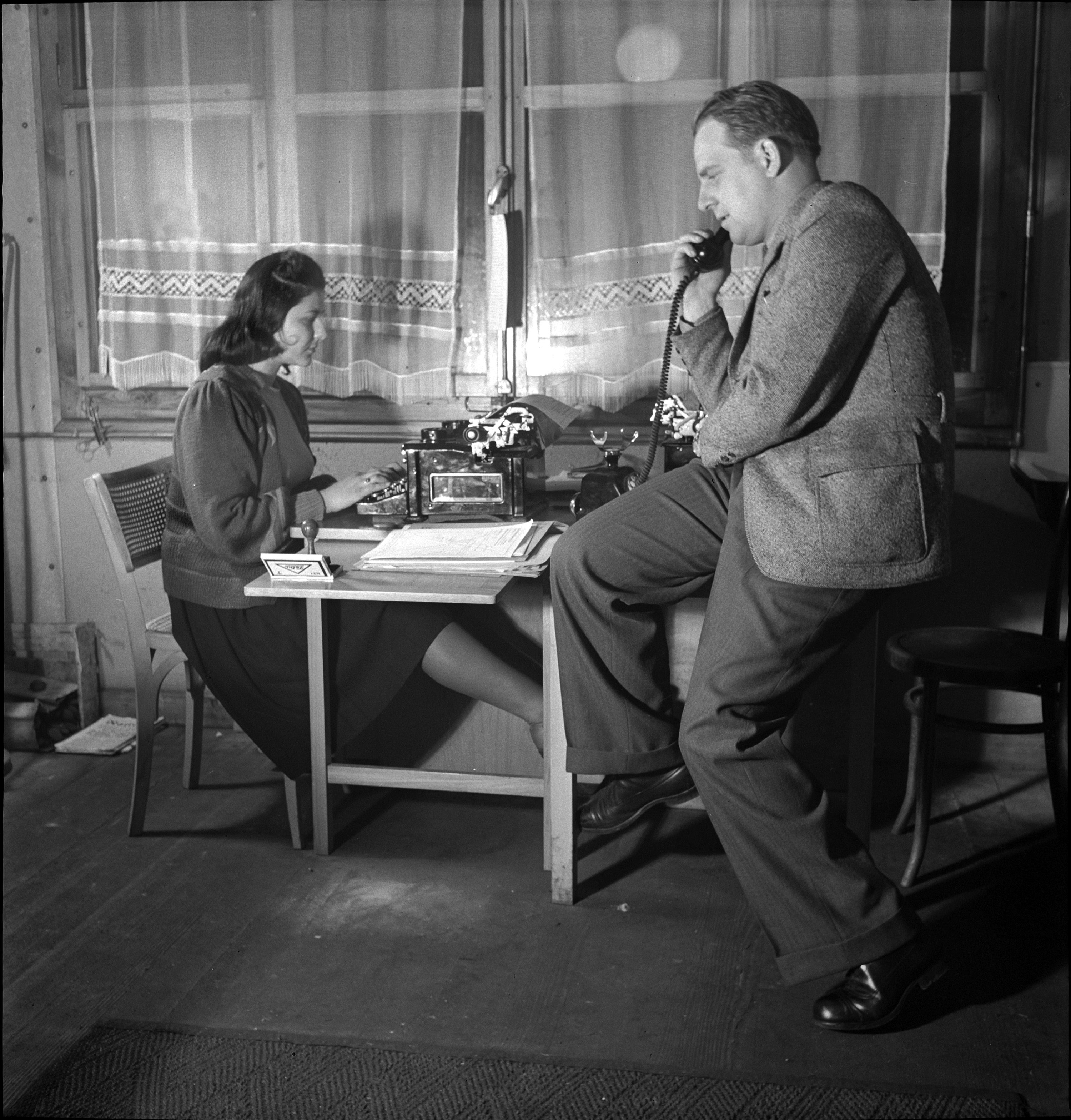
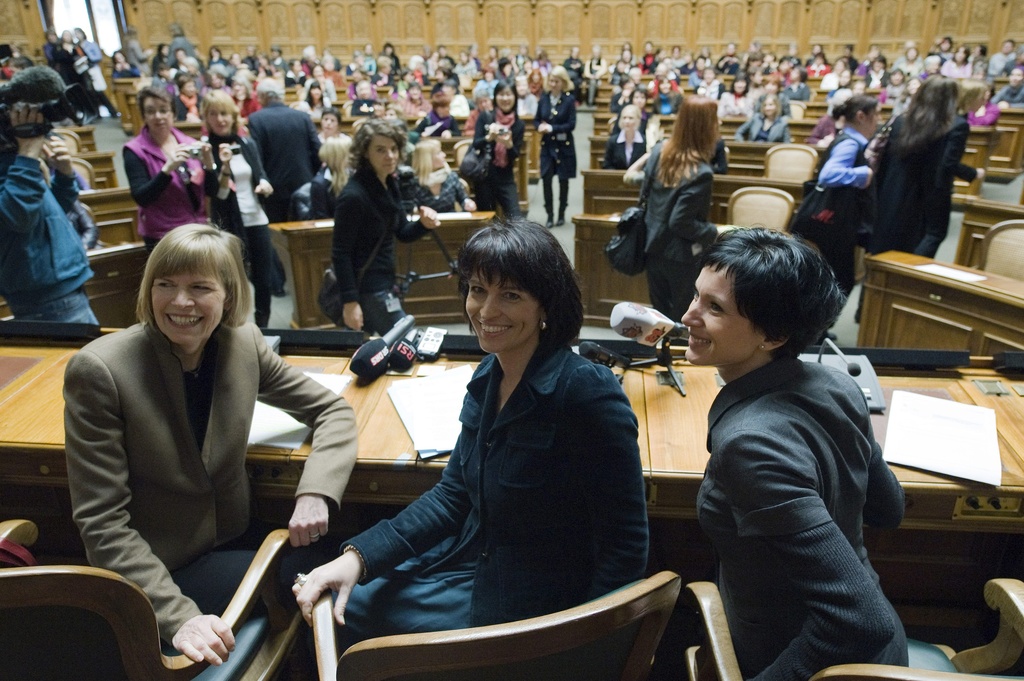
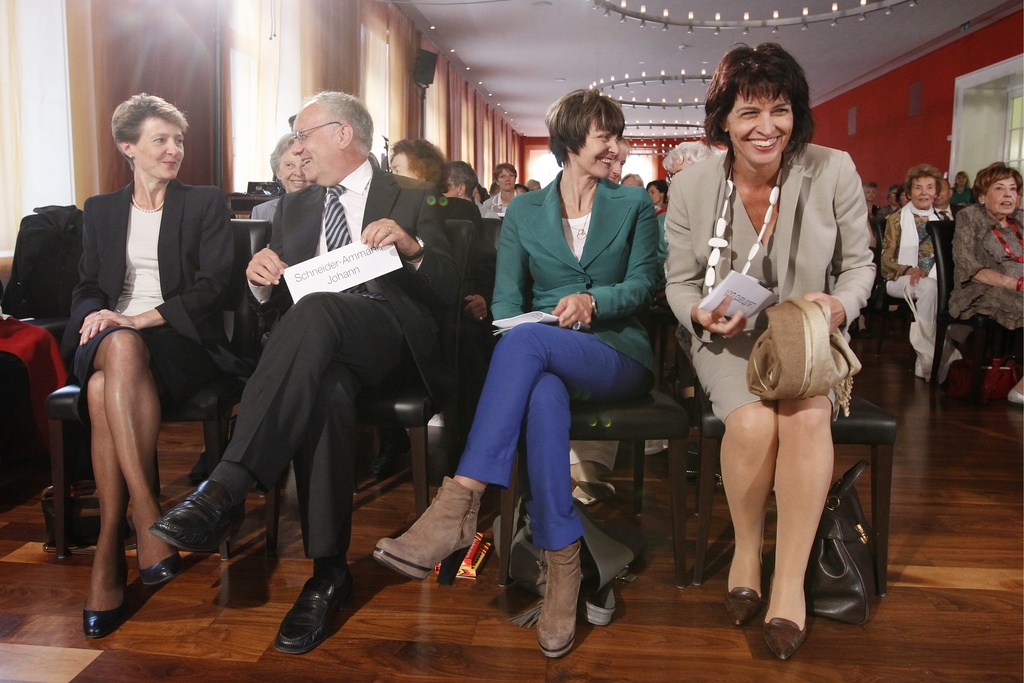

You can find an overview of ongoing debates with our journalists here . Please join us!
If you want to start a conversation about a topic raised in this article or want to report factual errors, email us at english@swissinfo.ch.